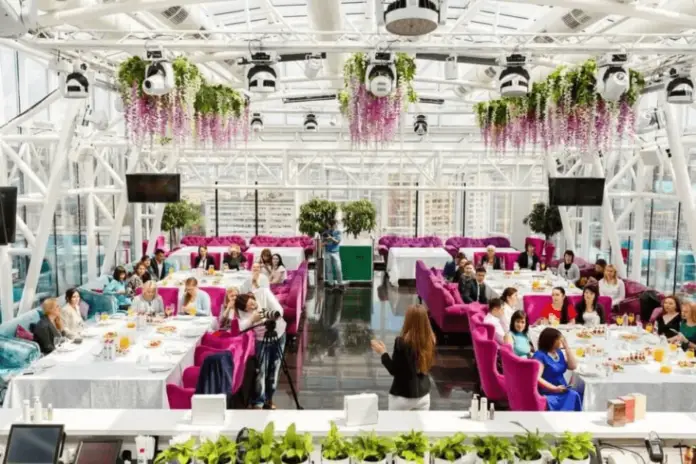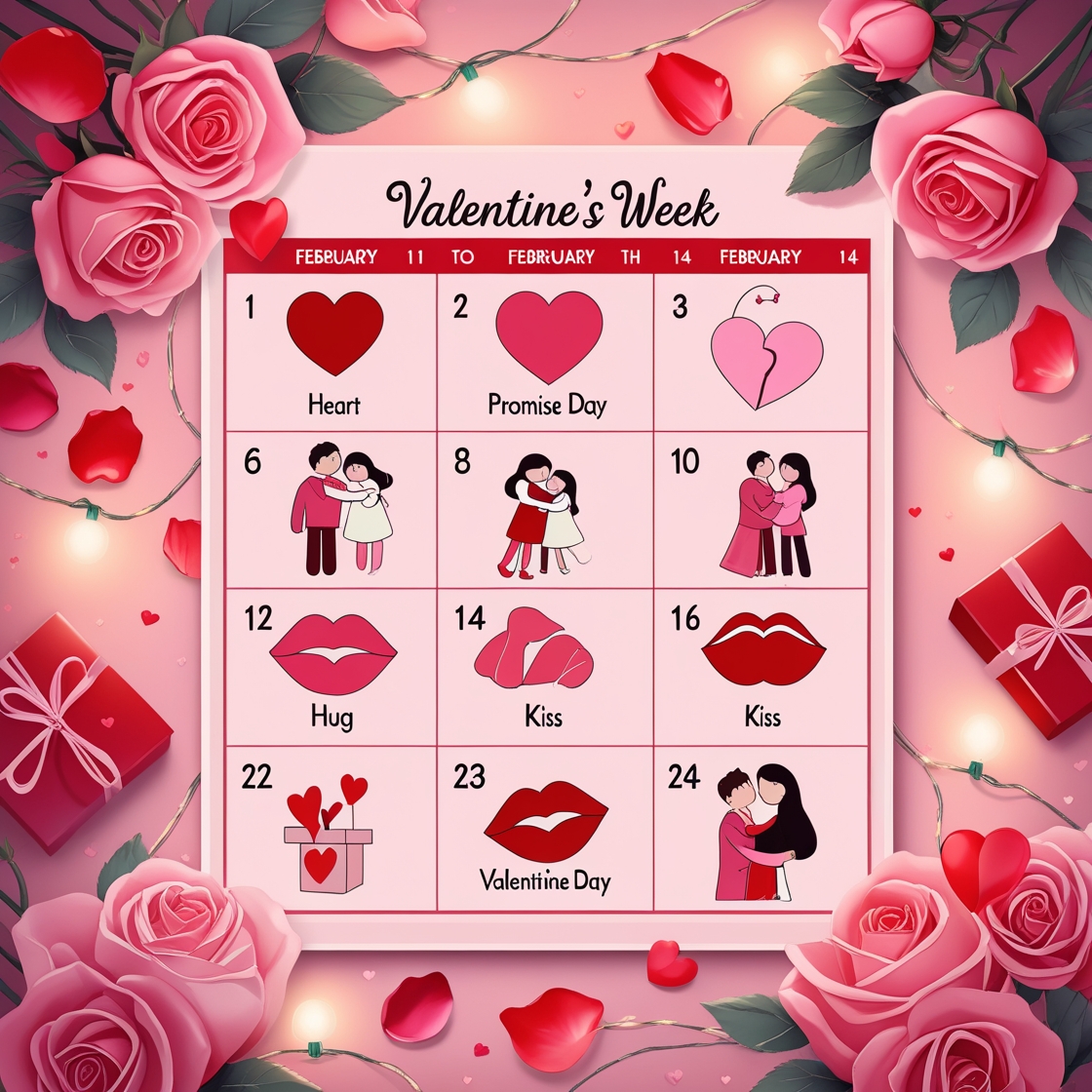Banquet service
Traditionally banquet services are of two types-buffet and sit-down. In the buffet-style, guest serves themselves from a food display table. They stand or sit at tables preset with cutlery, glassware, linen. An alternative to this style is just chairs arranged along the wall of the hall. In sit down style guests are served by waiters done on formal occasions. The main feature in buffet service is a buffet table, which is decorated with fruit displays ice sculpture or butter sculpture based on the price and occasion
Buffets are ideal when there are large numbers of people. We will find buffet service at weddings, large social occasions, dinner dances, etc. Buffet needs fewer service staff that replenishes food on the table and buss dirty plates. A common fault that must be avoided in large functions is to have only one buffet table. It is advised to have multi buffet tables of identical nature spread around the room for every 75 guests. This disperses people and prevents long queues at the buffet table. Another variation is to have the appetizer salads and soups at a separate buffet table, keeping the chafing dishes with hot food in another and finally the dessert buffet separated from the rest.
Sit down buffet is when tables are laid out formally with crockery, cutlery, and linen. Banquet service personnel serve the guests at the table with either pre-plated food or brought in ornate salvers and served to the guest.
BANQUET BEVERAGE SERVICE
Beverages at a function are served from a mobile dispensing bar that can be moved to suit the layout. While hotels have a blanket permit to serve alcohol, independent banquet halls may need to get a special permit from the appropriate authorities for each function. This may be made known to the client when booking the function. Beverages must be procured from licensed sources and must be dispensed by a qualified bartender who knows the local laws such as minimum age of consumption of liquor and the limits to which a person can consume liquor. Beverage service can be in many ways:
Cash Bar guests have to pay for each drink they consume. Cash bars are found in college reunions and fraternities get together etc. Guests either buy coupons for the value of the drink or pays the cashier who gives them a bill acknowledging payment before they can get their drinks from the bartender. The drink prices are specified in the Contracts of Agreement and may be discounted from regular bar prices.
Host Bar is where the drink charges are borne by the host who would like to track the consumption of liquor by the bottle or glass. Sometimes a host wishes to put a cap on the number of drinks. Coupons with price caps are distributed to the guests who can only consume to that limit
Open/Close Bars Some hosts permit an open bar which would then make available a large choice of brands. Closed bars are those where the host will specify limited brands to control costs
Corkage Permits the host to bring his own stock of liquor for the function. He would be charged corkage(a price for each bottle opened). The establishment would need to obtain a permit to serve drinks on corkage
Wine Service This is done at sit down dinners where the sommelier will replenish the wine as per guest request.









